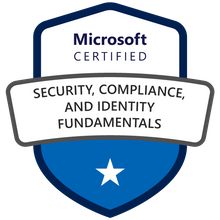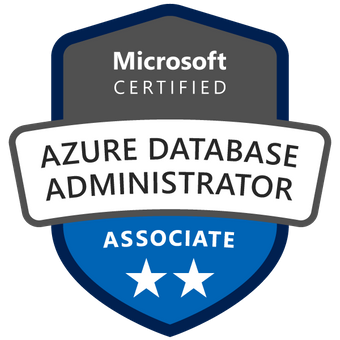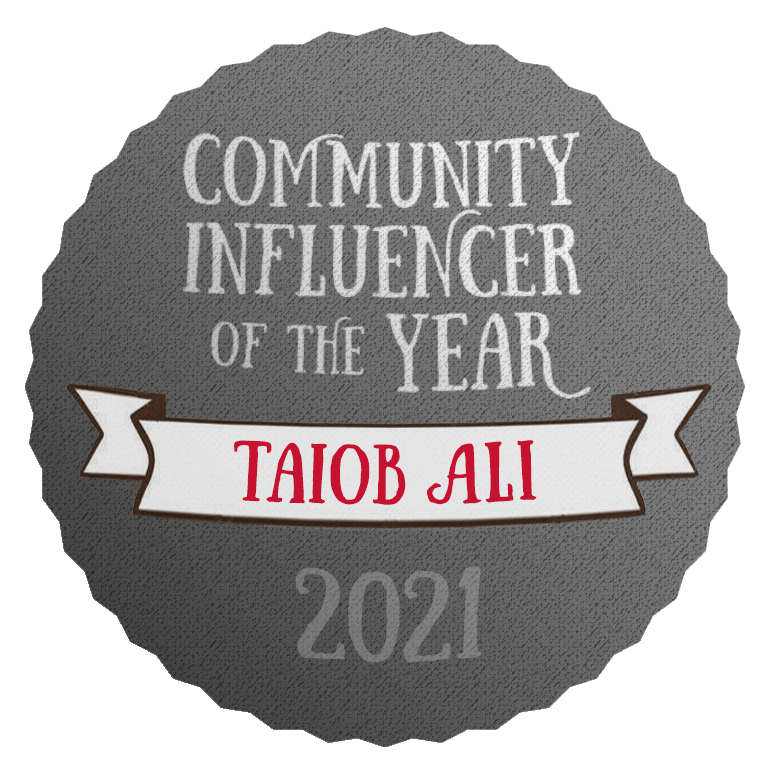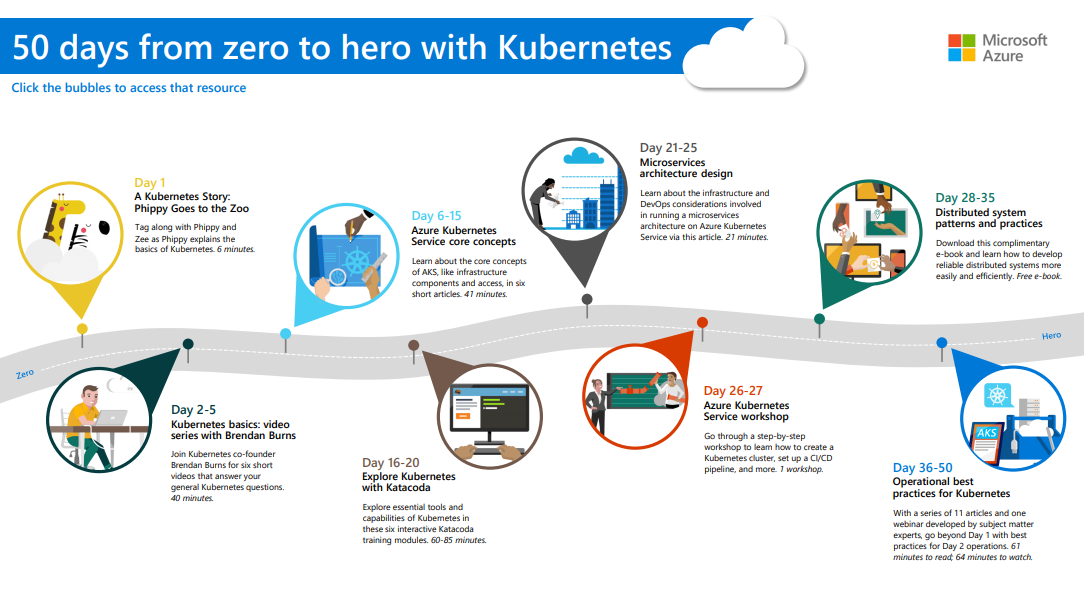Digital Dementia – What can we do about it?
March 13, 2018
I thank Adam Machanic (b|t) for hosting TSQL Tuesday #100. Topic for this month is Looking Forward 100 Months. I also want to acknowledge Adam’s vision behind this project. I learned a lot from some of the #TSQL Tuesday’s and participated in few.
Since I saw the invitation from Adam Machanic about TSQL Tuesday #100 , it took me a while to decide what should I write about? I thought about few things but most likely I will not have any role into bringing those ideas into reality. For example human colony in MARS, self-driving taxi service, and unmanned ocean going ships. Though the last one is very near and dear to my heart as I worked in ocean going ships for many years. I decided to write something that can be useful today and hopefully also when I get the invitation from Adam Machanic for TSQL Tuesday #200 in July of 2026.
What lead me to write about this topic?
- I had my first cell phone when I was 33 years old. I had all necessary phone numbers in my head which is not true any longer.
- In 2009 when Massachusetts sales tax increase from 5 to 6.25 percent I noticed many people struggled to calculate the tax even on rounded figure like $1000.
- Students (even in middle school) reach out for calculators for basic arithmetic like 2 digit addition, subtraction.
- During winter storm Quinn we lost power for 72 hours and I noticed sudden change in children’s behavior as they were without any connected devices.
I could not pinpoint where the term ‘Digital Dementia’ also known as ‘Electronic Dementia’ came from. Most likely it is one the following two.
- The term ‘digital dementia’ originated in South Korea a few years ago, a country that has one of the largest digital-using populations in the world. South Korean doctors noticed young patients experiencing cognitive and memory problems after heavy use of digital devices. They also found the symptoms to be more common with people who had sustained previous brain injuries. 1
- “Digital Dementia”, a term coined by top German neuroscientist Manfred Spitzer in his 2012 book of the same name, is a term used to describe how overuse of digital technology is resulting in the breakdown of cognitive abilities in a way that is more commonly seen in people who have suffered a head injury or psychiatric illness. 2
What is ‘Digital dementia’? Digital dementia is the deterioration of cognitive abilities due to overuse of technology. The type of cognitive breakdown found in the brains of individuals who overuse technology can also be found in individuals who have suffered severe head trauma or psychiatric diagnosis. This corrosion of cognitive function is attributed to the neglect of human brain development and over-reliance on technology.3
There are studies out claiming, on average adults spend eight hours and forty minutes daily using digital technology. Children’s are not far behind. They spend upwards of seven and a half hours with digital technology every single day.
Many people will argue that, there are no problem outsourcing our brain to our devices or search engines. But according to Dr. Merzenich we either use it or lose it.
The basic concept is simple. The brain changes physically, functionally, and chemically, as you acquire any ability or skill. You know this instinctively. Something must be changing as your abilities improve, or as new abilities emerge. You are actually remodeling your brain machinery by ‘practicing’ the skill; those physical changes account for your learning.
Actually what the brain is doing is changing its local wiring, changing the details of how the machinery controlling your behavior is connected. It’s also changing itself in other physical, chemical, and functional ways. Collectively, those changes account for the improvement or acquisition of any human ability.
You probably haven’t realized it, but as you acquire an ability – for example, the ability to read – you have actually created a system in the brain that does not exist, that’s not in place, in the non-reader. It [the ability; the brain system that controls the ability] actually evolves in you as it has been acquired through experience or learning.4
What can we do about it?
- Use your brain (Use your Head Instead of Relying on Digital Devices).
- Limit Screen Time (Extra tips for parents).
- Crack open a real book and not kindle.
- Learn a new language –Not sure if R and Python qualify!
- Brain-based learning (https://www.edglossary.org/brain-based-learning/).
- Stay socially engaged.
- Practice mindfulness-you are aware of what is happening around you.
- If you want to go one step further totally unplug like Baratunde Thurston.
References
- Digital Dementia and 7 Tips to Avoid It
- Overuse of Technology Can Lead to ‘Digital Dementia’
- 5 Ways to Combat Digital Dementia
- Use It or Lose It: The Principles of Brain Plasticity


















1 reply on “Digital Dementia – What can we do about it?”
[…] Taiob Ali is concerned about the future implications of “digital dementia,” a condition that involves “deterioration of cognitive abilities due to overuse of technology.” He suggests reducing screen time, making an effort to be social (IRL!), and actually using your brain on occasion. […]